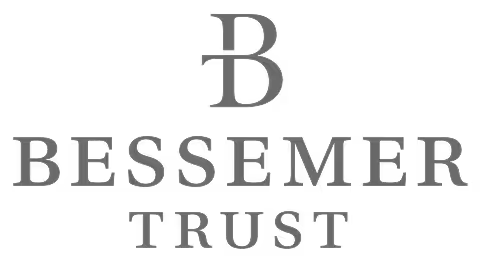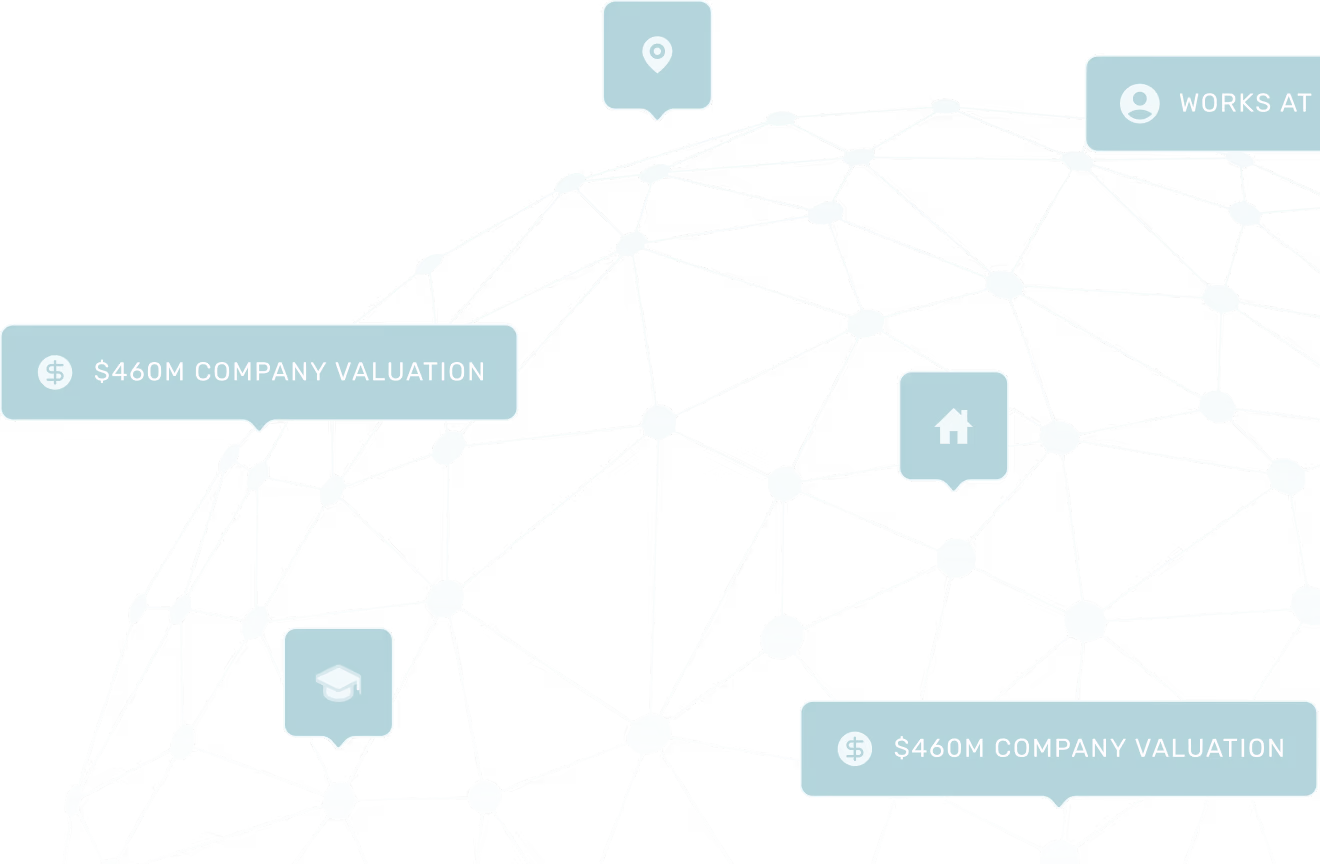Advisors Face a Turning Point in Wealth Transfer












Join thousands of users leveraging AI to reveal opportunities they never knew existed.
A version of this article first appeared in Wealthmanagement.com's 2025 Midyear Outlook
As we approach the second half of 2025, financial advisors find themselves at a crossroads. Volatile markets, persistent inflation, and shifting fiscal policy continue to challenge traditional planning assumptions. At the same time, a generational shift in wealth is underway, representing both a massive opportunity and a risk for advisors who aren’t adequately prepared.
Cerulli Associates estimates that approximately $84 trillion will be passed down by 2045, with the majority transferring to Gen X and millennial heirs. This isn’t just a future trend, it’s happening now. Roughly 10,000 Baby Boomers retire every single day. Inheritance-driven asset movement is accelerating, and with it, the need for advisors to evolve how they identify, engage, and support clients through life transitions.
One often overlooked aspect of wealth transfer is timing. A death in the household doesn’t just represent a personal loss. It marks a pivotal inflection point in a family’s financial life. Accounts are moved. Advisors change. Trusts are activated. Tax strategies shift. And, critically, survivors begin forming new financial relationships. Not only are they often unprepared to navigate their new circumstances, but they’re also highly likely to switch advisors altogether. A 2022 Forbes article noted that 70 to 90% of heirs fire their parents’ financial advisor after inheriting wealth. Similarly, an InvestmentNews survey reported that 66% of heirs terminated the advisor relationship following a transfer of assets.
The challenge is that by the time many advisors become aware of these life events, the window to retain the relationship— or step in to earn it—may have already closed. This is where emerging technologies can offer a decisive advantage.
Today, advances in AI, data modeling, and public record integration are enabling earlier awareness of potential wealth transfer events. For example, by ingesting U.S. mortality data and combining it with datasets containing hundreds of financial and demographic attributes, it is now possible to identify households where an advisory need may soon emerge. These proactive alerts aren’t just another signal, they’re an early call to action for advisors to reach out, offer support, and build trust at the moment it’s needed most.
This kind of intelligence can help advisors shift from reactive to relational. By anticipating a client’s or prospect’s evolving circumstances, whether it’s an inheritance, the sale of a business, or the onset of retirement—advisors can offer timely, relevant solutions. And with Gen X and millennial investors expecting more personalized, high-touch service, being early and empathetic can make all the difference.
To be clear, no amount of data replaces human judgment. But used thoughtfully, technology can enhance what advisors do best: helping families make confident, informed decisions about their financial future. Whether it’s protecting the financial security of a surviving spouse, guiding heirs through unfamiliar investment terrain, or facilitating multigenerational planning conversations, data can illuminate opportunities to serve.
Looking ahead, the advisors who thrive won’t be those who simply manage money, they’ll be the ones who manage moments. By combining emotional intelligence with actionable intelligence, advisors can position themselves as indispensable stewards of their clients’ legacies.
The great wealth transfer is already in motion. The question is whether we’re equipped to meet it with insight, empathy, and urgency.


Reveal the power of your network with Aidentified’s industry-leading AI.
Discover how Aidentified can transform your specialty services business. Contact us today for a personalized consultation and demo.
Explore demo




